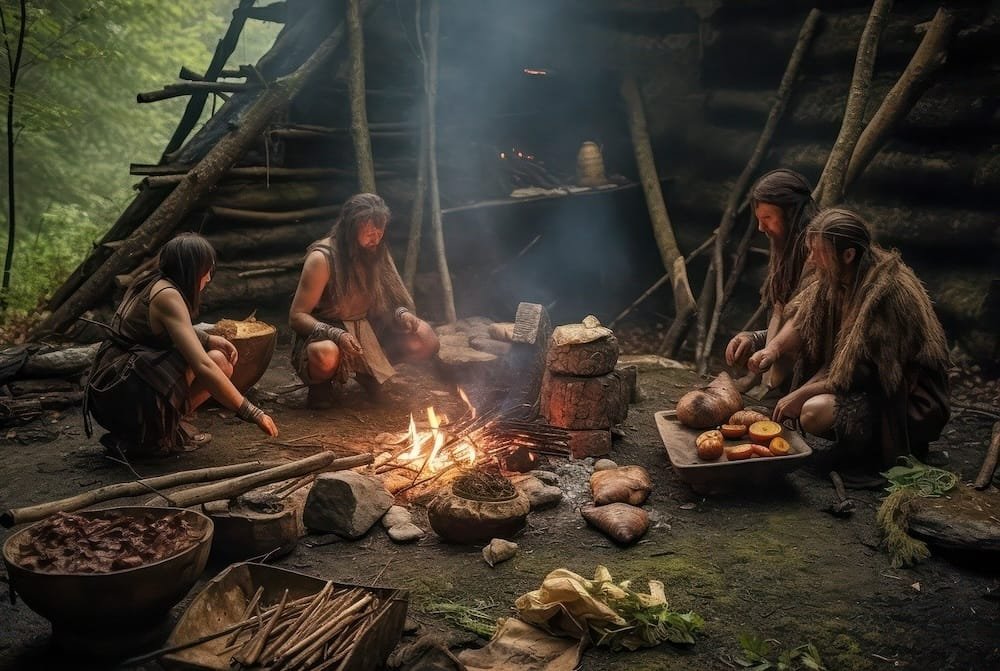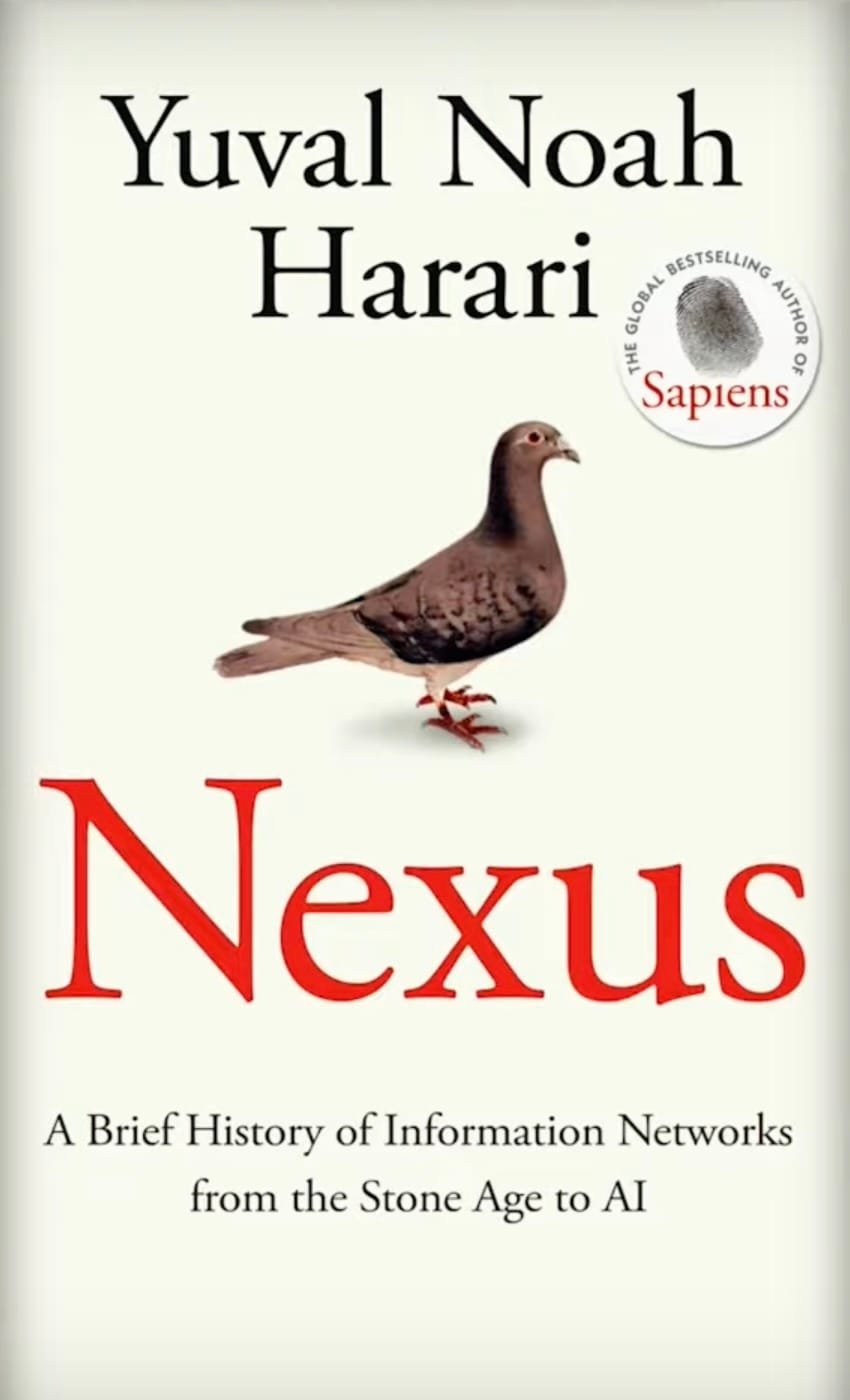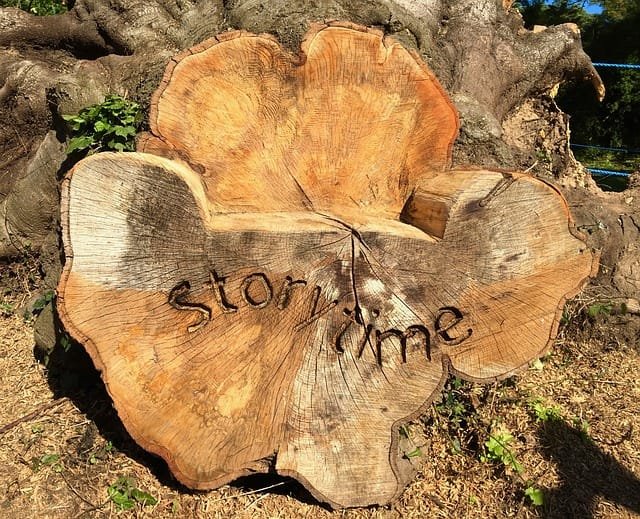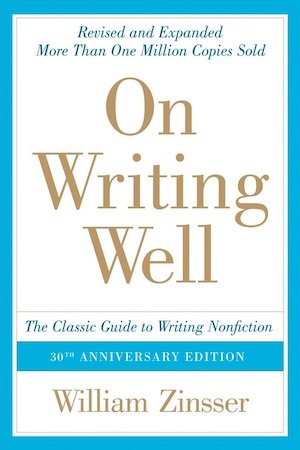Storytelling And Your Moral Compass
I recently had a discussion with a client about the principles which form a story’s foundation. As we delved deeper into the subject, three principles came up over and over: Honor, Integrity, and Respect. We talked at some length and the next day I decided to summarize and share what these principles meant to us:
- Honor — the story being told is true, told honestly, without embellishment or fabrication. In this light, the narrative faithfully represents the authenticity of the experiences being shared and reflects the story’s true meaning.
- Integrity — the story aligns with one’s actions, words, and personal values. It respects the privacy of others involved in the story, and in some situations, requires consent from the other party. (or a notification of your intent)
- Respect — the story is cognizant of personal and cultural issues regarding what is going to be included in the narrative. That could involve narrative boundaries plus an understanding of the story’s emotional impact on the storyteller and the audience.
At the intersection of honor, integrity, and respect
Another subject arose as we discussed how those principles interact with each other: moral compass. As we considered the term it seemed evident that our moral compass must be positive in nature, as it’s based (as we saw it) on the three principles of honor, integrity, and respect.
When we abandon our moral compass
But as we had to admit, people don’t always align with their moral compass. In some cases, outside influences that are not in alignment with our central values and beliefs come into play. Religious dogma or political ideology are often times out of sync with the morals we hold dear. Greed has a way of masking our idea of right and wrong if there’s the possibility of a significant financial gain, and the seductive nature of being in a position of power also has a way of obscuring our convictions. The effects of fear and intimidation, of being persecuted by others or ostracized for our beliefs can cause us to transition into preservation mode. That’s when the stories we tell ourselves and others may take a moral detour.
Silence is a story unto itself
While some folks engage in a form of moral hypocrisy due to social pressure or personal gain, others remain silent as they’re fearful of repercussions whenever they tell the truth or share their honest feelings. I get it. We’re always evaluating the potential benefit of a decision against any associated risks, and history is full of stories about people who suffered, both physically and mentally as a result of publicly sharing their values and beliefs.
It’s a time for self-awareness
I’m not here to issue a moral judgement on anyone. That’s not the point of this article. Instead, it’s a call for a moment of self-reflection when telling a personal story. To be aware of whether your story’s narrative stays in alignment with your moral compass, or has deviated in some way from your cherished principles to serve another purpose.
Dealing with the dark side
We also need to recognize that in some cases a person’s moral compass can be damaged, and as a result, they no longer believe in respecting other people. We have all seen that happen in many parts of the world as fascist governments will lie, cheat, steal, and implement policies that impair basic human rights. This isn’t an instant shift, but instead happens over time. It’s a brainwashing process that replaces respect with disrespect. When that happens, the stories that are told damage society instead of being beneficial. Not the impact we’re looking for.
 When it’s time to speak up
When it’s time to speak up
In such cases it’s more important than ever for those people who operate from a position of Honor, Integrity, and Respect have their voice heard by all. Positive change in any society always begins with the telling of personal stories. So if at all possible, share a personal story that can change the world — for the better.
◆
◆
contact me to discuss your storytelling goals!
◆
Subscribe to the newsletter for the latest updates!
Copyright Storytelling with Impact® – All rights reserved











